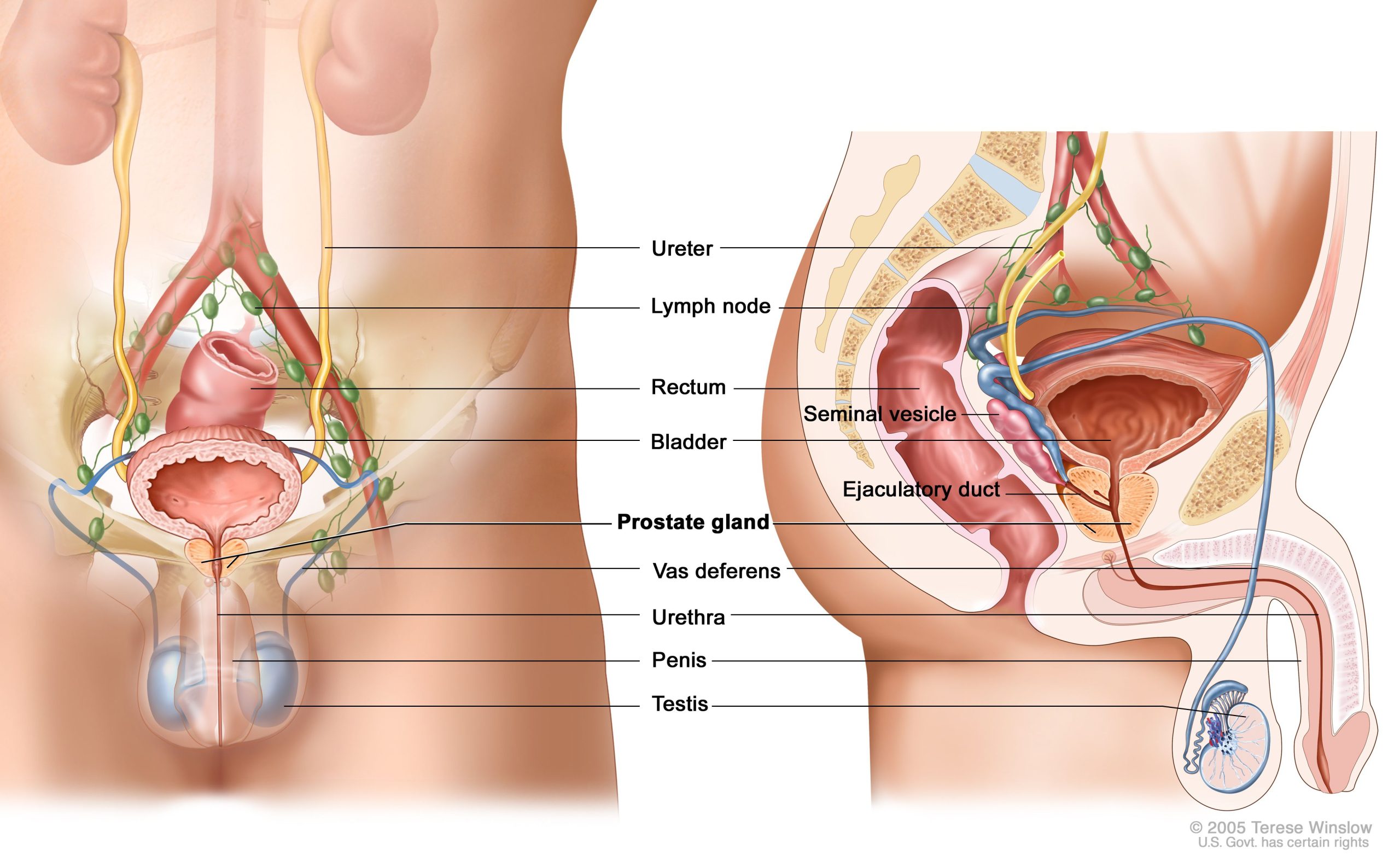- Home
- Our Providers
- Our Services
- Abdominal Aortic Aneurysm Screening
- Alzheimer’s Disease
- Antibiotics Treatment
- Arthritis
- Asthma and Allergies
- Blood Work
- Breast Cancer Screening
- Cancer Screenings
- Cervical Cancer Screening
- CHF
- Chronic Diseases Management
- Colon Cancer Screening
- Physical Exam and Preventative Care
- COPD
- Covid Testing
- Dementia
- Depression and Anxiety
- Diabetes Mellitus Type 1 & 2
- Ear Cleaning
- ECG
- Fibromyalgia
- Flu Tests
- GERD
- Heart Disease
- Hepatitis Screening
- High Blood Pressure
- High Cholesterol
- HIV Screen Tests
- Hormone Therapy
- Iron Injection
- Joint Injection
- Kidney Disease
- Lung Cancer Screening
- Medical Wellness Visits
- Men’s Health
- Nutrition Consultation
- Obesity
- Osteoporosis
- Peripheral Neuropathy
- Peripheral Vascular Disease
- Pre and Post Surgical Evaluations
- Prostate Cancer Screening
- Pulmonary Disease
- Pulmonary Function Test
- Seizure
- Sexual Transmitted Diseases
- Sick Visits
- Skin Biopsy
- Sleep Apnea
- Smoking Cessation and Reduction
- Stroke
- Testosterone Injection
- Thyroid Dysfunction
- Ultrasound
- Urine Analysis
- Vaccinations
- Vascular Studies
- Vitamin B12 Replacement
- Weight Loss
- Wound Care and Suture Removal
- Telemedicine
- Join Our Team
- Patients
Prostate Cancer Screening
CoreMed Plus is dedicated to providing comprehensive healthcare services to patients, including preventative care such as cancer screenings. One of the most common types of cancer in men is prostate cancer, which affects the prostate gland, a small gland in the male reproductive system. Prostate cancer can often be asymptomatic in its early stages, so regular screenings are essential to catch it early and improve the chances of successful treatment. CoreMed Plus offers various prostate cancer screening options and personalized care to ensure optimal patient health outcomes.
What is Prostate Cancer
Prostate cancer is a type of cancer that develops in the prostate gland, which is a small gland located in the male reproductive system. The prostate gland produces and secretes the fluid that makes up semen, essential for male fertility. Prostate cancer occurs when the cells in the prostate gland start to grow uncontrollably, forming a tumor.
Prostate cancer is one of the most common types of cancer in men. According to the American Cancer Society, it is estimated that about one in eight men will be diagnosed with prostate cancer during their lifetime. While prostate cancer can occur at any age, it is more commonly diagnosed in older men, with about 60% of cases occurring in men over 65.
Several factors can increase the risk of developing prostate cancer, including age, family history, and race. Men with a close relative, such as a father or brother, who has been diagnosed with prostate cancer are at a higher risk of developing the disease. Additionally, African American men are at a higher risk of developing prostate cancer than men of other races.
Early-stage prostate cancer may not cause any noticeable symptoms. However, symptoms may appear as the cancer grows and spreads to other parts of the body. Some common signs and symptoms of prostate cancer include:
- Frequent urination, especially at night
- Difficulty starting or stopping urination
- Weak urine flow
- Pain or burning during urination
- Blood in the urine or semen
- Pain or discomfort in the pelvic area, lower back, or hips
- Erectile dysfunction
If prostate cancer is suspected, a number of tests may be performed to make a diagnosis. The most common screening test for prostate cancer is a prostate-specific antigen (PSA) blood test. This test measures the level of PSA in the blood, which can be elevated in men with prostate cancer. However, an elevated PSA level can also be caused by other conditions, such as an enlarged prostate or a prostate infection.
If the PSA level is elevated or other symptoms are present, additional tests may be performed, such as a digital rectal exam (DRE) or a prostate biopsy. During a DRE, a healthcare provider will insert a lubricated, gloved finger into the rectum to feel for any abnormalities in the prostate gland. If a suspicious area is found, a biopsy may be performed, which involves taking a small sample of prostate tissue for examination under a microscope.
If prostate cancer is diagnosed, treatment options may include surgery, radiation therapy, chemotherapy, hormone therapy, or a combination of these treatments. The treatment plan will depend on several factors, such as the stage and grade of cancer, the patient’s age and overall health, and personal preferences.
CoreMed Plus can help with prostate cancer screenings through regular check-ups and monitoring. Our healthcare providers can discuss the risks and benefits of prostate cancer screening with patients and help determine the appropriate screening schedule based on individual risk factors. Early detection and treatment can significantly improve outcomes for patients with prostate cancer, and CoreMed Plus is committed to helping our patients stay healthy and informed about their cancer risk.

Signs and Symptoms of Prostate Cancer
Prostate cancer is often called a silent killer because it may not present any symptoms in its early stages. However, as the disease progresses, some men may experience symptoms such as:
- Urinary Problems: One of the most common symptoms of prostate cancer is difficulty in urinating, including a weak or interrupted flow of urine, a need to urinate more frequently, especially at night, and a feeling of incomplete bladder emptying.
- Pain or Discomfort: Men with prostate cancer may experience pain or discomfort in the lower back, hips, or pelvis. This may be due to the cancer spreading to the bones.
- Blood in Urine or Semen: Another symptom of prostate cancer is blood in urine or semen.
- Erectile Dysfunction: Prostate cancer can cause erectile dysfunction or difficulty achieving or maintaining an erection.
- Fatigue: Some men with prostate cancer may experience fatigue or general weakness and lethargy.
It is important to note that these symptoms may also be caused by other conditions, such as benign prostatic hyperplasia (BPH), so seeing a healthcare provider for an accurate diagnosis is essential.
In some cases, prostate cancer may not present any symptoms, which is why regular prostate cancer screening is so important. Screening can detect prostate cancer before it can spread and cause symptoms.
Men aged 50 and over should discuss prostate cancer screening with their healthcare provider. Men at a higher risk of developing prostate cancer, such as African American men or men with a family history of prostate cancer, may need to start screening earlier. Being aware of the signs and symptoms of prostate cancer and getting regular screenings can help with early detection and better outcomes for treatment.
Diagnosing Prostate Cancer
Prostate cancer is a type of cancer that develops in the prostate gland, which is located just below the bladder in men. It is one of the most common types of cancer in men, with over 200,000 new cases diagnosed yearly in the United States. Prostate cancer is often slow-growing and may not cause symptoms in its early stages, making regular screenings necessary for early detection and treatment.
There are several methods used to diagnose prostate cancer, including:
- Digital Rectal Exam (DRE): During a DRE, a doctor inserts a gloved finger into the rectum to feel for any abnormalities in the prostate gland.
- Prostate-Specific Antigen (PSA) Test: This blood test measures the levels of PSA, a protein produced by the prostate gland. High levels of PSA may indicate the presence of prostate cancer.
- Biopsy: If an abnormality is detected during a DRE or PSA test, a doctor may recommend a biopsy to confirm the diagnosis. During a biopsy, a small sample of prostate tissue is removed and examined under a microscope for the presence of cancer cells.
CoreMed Plus can help diagnose prostate cancer by offering regular screenings, including DREs and PSA tests. These screenings can detect prostate cancer in its early stages when it is more easily treated and often curable.
Additionally, CoreMed Plus can help men understand their risk factors for prostate cancer and provide information on reducing their risks through lifestyle changes like maintaining a healthy weight, exercising regularly, and eating a diet rich in fruits and vegetables.
Regular prostate cancer screenings are an important part of men’s health, especially for those at higher risk of developing the disease. CoreMed Plus supports men in their efforts to maintain good health and stay ahead of any potential health concerns.

Treatment of Prostate Cancer
The treatment of prostate cancer depends on several factors, including the stage of cancer, the age and overall health of the patient, and the patient’s personal preferences. Here are some standard treatment options for prostate cancer:
- Active Surveillance: For men with low-risk prostate cancer, doctors may recommend active surveillance, which involves regular monitoring of cancer through PSA tests, digital rectal exams, and sometimes imaging tests. This approach allows men to avoid the potential side effects of treatment while still keeping a close eye on the cancer.
- Surgery: Surgery may be recommended for healthy men with localized prostate cancer. The most common surgery for prostate cancer is a radical prostatectomy, which involves removing the entire prostate gland and some surrounding tissue. The surgery can be done using open, laparoscopic, or robot-assisted surgery.
- Radiation Therapy: Radiation therapy uses high-energy radiation to kill cancer cells. External beam radiation therapy targets the prostate gland from outside the body, while brachytherapy involves placing radioactive seeds directly into the prostate gland. Radiation therapy may be used alone or with surgery, depending on the cancer stage.
- Hormone Therapy: Hormone therapy is used to lower the testosterone level in the body, which can help slow the growth of prostate cancer. Hormone therapy may be used alone for men with advanced prostate cancer or with radiation therapy for men with localized prostate cancer.
- Chemotherapy: Chemotherapy uses drugs to kill cancer cells. Chemotherapy may be recommended for men with advanced prostate cancer that has spread to other parts of the body.
- Immunotherapy: Immunotherapy uses the body’s own immune system to fight cancer. Immunotherapy drugs may be used for men with advanced prostate cancer who no longer respond to other treatments.
- Clinical Trials: Clinical trials are research studies that test new treatments for prostate cancer. Men with prostate cancer may be eligible to participate in clinical trials, which can provide access to new treatments before they are widely available.
CoreMed Plus can help men with prostate cancer by providing access to advanced diagnostic tests, treatment options, expert medical care, and support throughout the treatment process.
CoreMed Plus can also help men navigate the complex decisions involved in prostate cancer treatment and connect them with the resources they need to manage the physical, emotional, and practical aspects of living with prostate cancer.
How CoreMed Plus can Help You with Prostate Cancer Screenings
CoreMed Plus is a leading healthcare provider offering comprehensive medical services to help people manage their health effectively. One of the key services we offer is prostate cancer screenings, an essential part of men’s healthcare. We understand the importance of early detection and treatment of prostate cancer. We offer state-of-the-art screenings and diagnostic tools to help identify prostate cancer in its early stages.
Prostate cancer is the most common cancer among men and the second leading cause of cancer death in men. It is estimated that approximately 1 in 8 men will be diagnosed with prostate cancer in their lifetime. This makes prostate cancer screenings a critical part of men’s healthcare, especially for men who are over the age of 50 or have a family history of the disease.
At CoreMed Plus, we offer a range of prostate cancer screenings to help detect the disease in its early stages. These screenings include prostate-specific antigen (PSA) tests, digital rectal exams (DREs), and transrectal ultrasound (TRUS) exams. These tests are non-invasive and typically only take a few minutes to perform. They are designed to identify any abnormalities in the prostate gland that may be indicative of prostate cancer.
PSA tests are blood tests that measure the level of PSA, a protein produced by the prostate gland, in a man’s blood. High levels of PSA may indicate prostate cancer but can also be caused by other conditions, such as prostate infections or an enlarged prostate. DREs involve the doctor inserting a gloved finger into the rectum to feel the prostate gland for abnormalities or lumps. This may be uncomfortable but is not usually painful.
TRUS exams involve the insertion of a small ultrasound probe into the rectum to produce images of the prostate gland. This exam is not usually painful but may be uncomfortable for some men.
Further testing may be necessary to confirm a diagnosis if any abnormalities are detected during the prostate cancer screening. These tests may include a biopsy, which involves taking a small tissue sample from the prostate gland for examination under a microscope.
At CoreMed Plus, we have a team of experienced healthcare professionals trained to perform prostate cancer screenings and provide accurate and timely diagnoses. We use the latest technology and techniques to ensure our patients receive the best care possible.
Choosing CoreMed Plus as your healthcare provider for prostate cancer screenings is an excellent choice for many reasons. Our team of healthcare professionals is dedicated to providing personalized care that meets each patient’s unique needs. We understand that prostate cancer can be a sensitive and difficult topic for many men, so we offer a supportive and compassionate environment where patients can feel comfortable discussing their concerns.
In addition, we believe that prevention is key to maintaining good health, and we offer a range of preventive services to help our patients stay healthy and reduce their risk of developing prostate cancer. These services include lifestyle counseling, diet and exercise, and smoking cessation programs.
At CoreMed Plus, we are committed to providing high-quality, patient-centered care to help our patients achieve optimal health and wellness. If you need a prostate cancer screening or have any concerns about your prostate health, we encourage you to schedule an appointment with us today.

Meet Dr. Mark Richter
I grew up in Florida as the oldest of five sons. After earning my degree from the University of Florida, I pursued my medical education in the Dominican Republic. In 1988, I began my Family Practice Residency at the “old” Pontiac General Hospital. I have been providing medical care to the same community since 1991, first in Waterford and later at our current location in White Lake, where I continue to practice today. I take pride in being board certified by the American Academy of Family Physicians and remain committed to Primary Care.
I am passionate about promoting a healthy lifestyle, including a proper “balanced” diet, exercise, exposure to healthy outdoor activities, and achieving work-life balance. I married my Medical School Sweetheart, Barbara, and we are fortunate to have two adult children and a granddaughter. We have been residents of Oakland County since 1988 and enjoy all that Michigan has to offer.
Meet Briahnnon Long NP-BC
Briahnnon Long, NP-BC, graduated from Oakland University in 2009 with a Bachelor of Science in Nursing and worked as a nurse in the Cardiac Intensive Care Unit. She then pursued her Master of Science in Nursing. She graduated from The University of Michigan Flint in 2020 and became board certified by The American Nurses Credentialing Center as a Family Nurse Practitioner.
She works in the acute care setting as a hospitalist and in the subacute care setting at a skilled nursing facility. She has special interests in health and wellness, preventative medicine, and chronic care management in the primary care setting. She loves being outdoors, cheering on her husband and two children in hockey, and camping and boating in the summer.
Contact Information
If you’re ready to take charge of your health and embark on a journey toward a healthier, happier life, we invite you to contact us today. Our compassionate and knowledgeable staff is excited to take your call and help you on your health journey. We will work closely with you to develop a customized treatment plan that is right for you and provide the support and care you need every step of the way.
Don’t let health concerns hold you back – contact CoreMed Plus today and let us help you achieve optimal health and wellness. We look forward to hearing from you and helping you achieve a healthier, happier life.
- Email: [email protected]
- Phone: +1 248-666-6005




